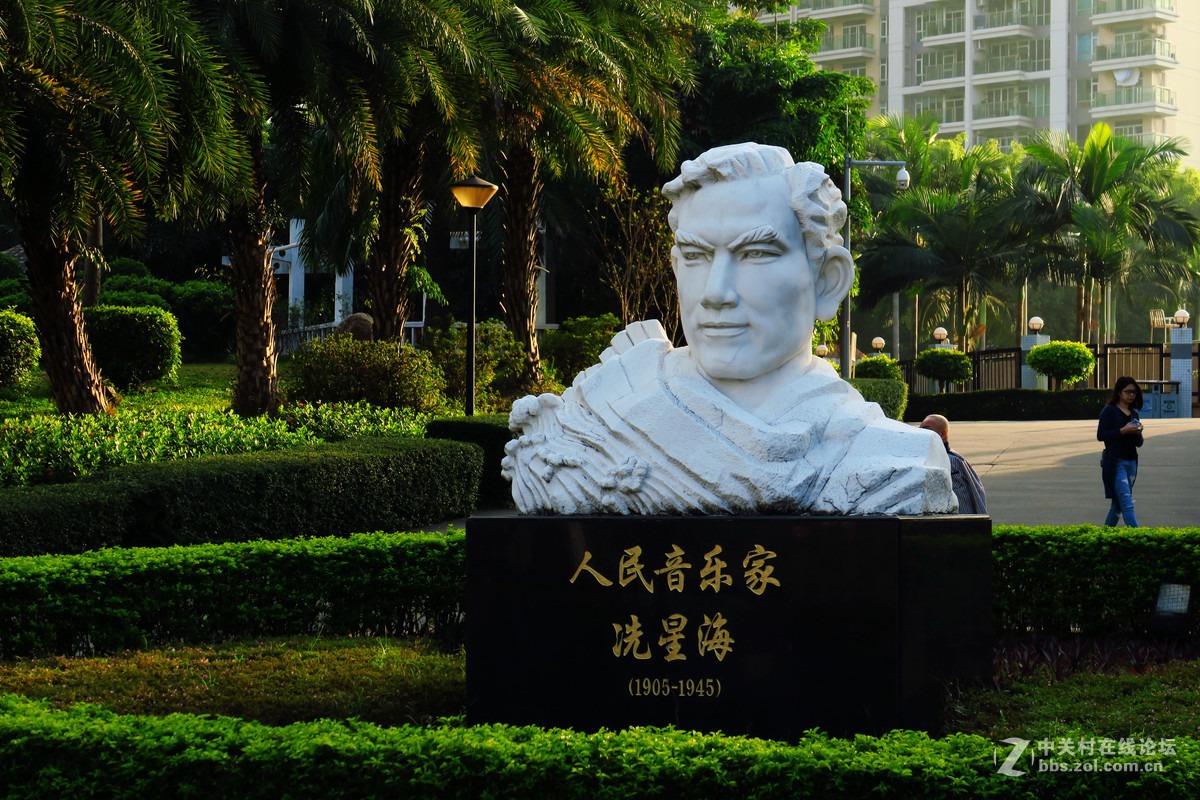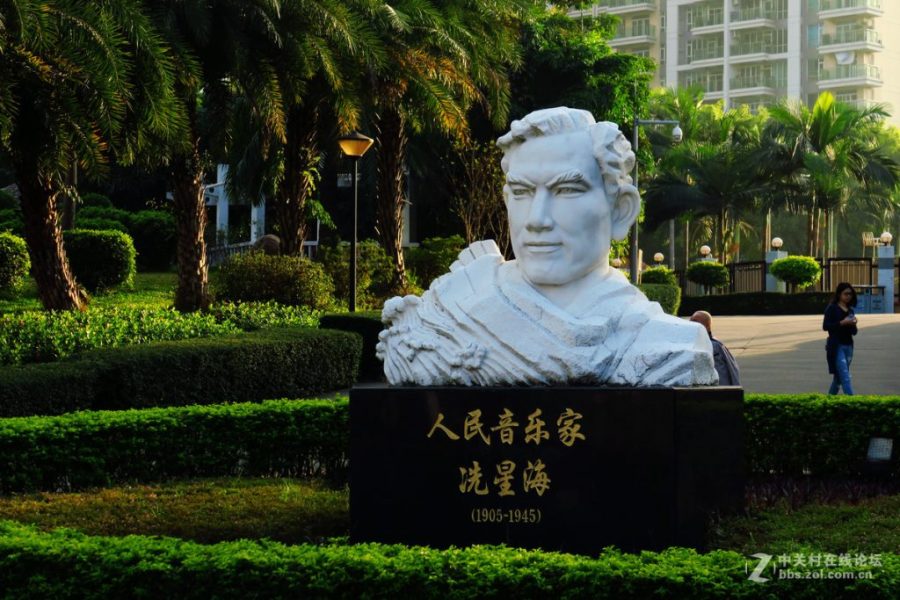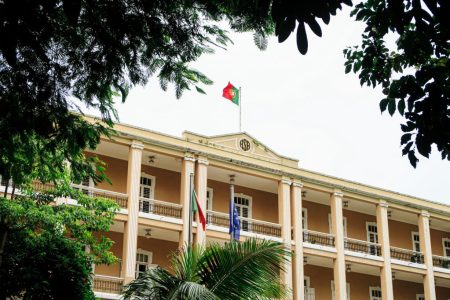Post and Telecommunications Bureau (CTT) Director Derby Lau Wai Meng said on Tuesday her bureau would rent out its two houses next to government-owned broadcaster TDM in Rua de Francisco Xavier Pereira to the Cultural Affairs Bureau (IC), for use as a museum.
Lau made the remarks while speaking to reporters on the sidelines of the CTM Digital Macau Forum on the campus of the University of Macau (UM) on Hengqin Island.
The Cultural Affairs Bureau told TDM that it planned to convert the two green houses into a museum in commemoration of national composer Xian Xinghai.
Lau pointed out that the two properties are owned by her bureau. She said that her bureau would rent the two houses to the Cultural Affairs Bureau, adding that her bureau would reference the rents in the private market in the area where the two houses are located before deciding on a price.
According to the Macau Post Daily, Xian, born in Macau in 1905, was one of the earliest Chinese composers to be influenced by western classical music. In turn, he influenced generations of Chinese musicians. He passed away in Moscow at the age of 40 in 1945. Xian is best known for his Yellow River Cantata upon which the Yellow River Concerto for piano and orchestra is based.
A local avenue is named after Xian – Avenida Xian Xing Hai in Nape where the Macau Cultural Centre (CCM) is located.
The Cultural Affairs Bureau told TDM that one of the two houses will contain the history of Xian’s life and his achievements in music, while the other house will show the history of the nation during Xian’s lifetime as well as Macau’s history during the Second Sino-Japanese War from 1937 to 1945.
The Cultural Affairs Bureau also said it expected the two-house museum to be completed in 2018 or 2019.






